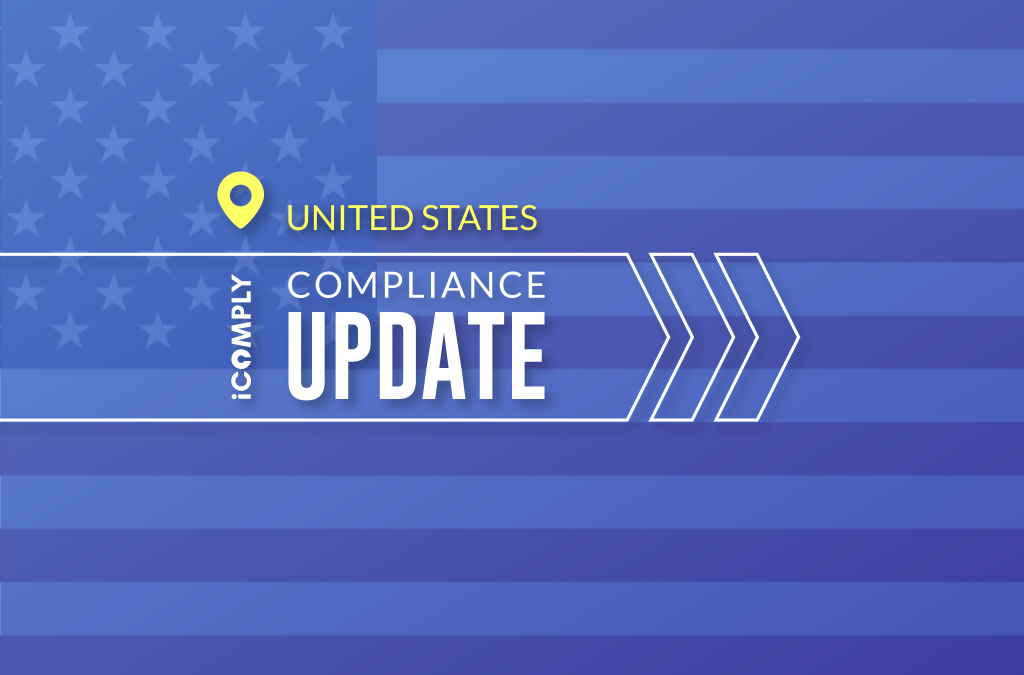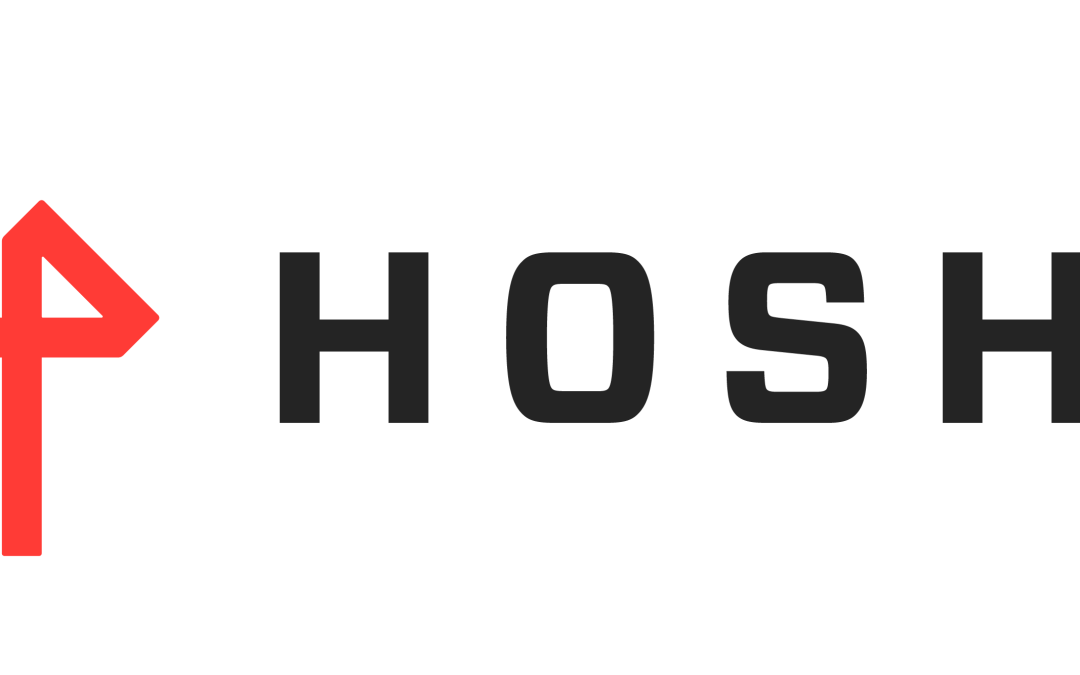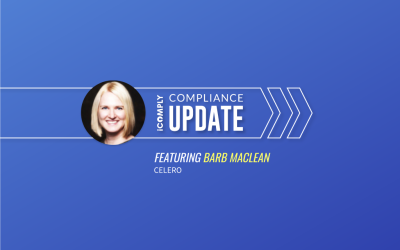Anti-Money Laundering (AML) solutions are essential for modern financial institutions to detect, prevent, and report money laundering activities. This article explores comprehensive AML solutions, highlighting effective...

U.S. Justice Department Uses Blockchain Forensics In 13-Year Jail Sentence
U.S. Justice Department Uses Blockchain Forensics In 13-Year Jail Sentence
A woman in New York was sentenced for funding ISIS through a virtual asset payment processor.
What Happened?
November 26, 2018: Zoobia Shahnaz, from Long Island, was caught providing material support of over US$150,000 to known ISIS-fronts in the countries of Pakistan, China, and Turkey.
Zoobia fraudulently acquired credit card numbers and used them online to purchase over $60,000 worth of bitcoin (BTC) and other cryptocurrencies between March and June 2017. The funds were transmitted via wire transfer.
Zoobia was apprehended at John F. Kennedy airport in July 2017 while attempting to board a flight to Istanbul. Authorities suspect she was trying to find a backdoor into Syria to join ISIS.
Source: https://www.justice.gov/opa/pr/new-york-woman-pleads-guilty-providing-material-support-isis
Who Is Impacted?
Payment processors facilitating virtual asset transactions.
Why This Matters?
Authorities today are using blockchain analysis tools to trace the origin and transfer history of blockchain assets, including cryptocurrencies like bitcoin. These tools, when used to identify the source of funds, are capable of fighting fraud and the financing of terrorism, like in the case of Zoobia Shahnaz from New York.
Anyone participating in the value-chain of digital assets plays a role in combatting this kind of online fraud. Trading Platforms, Payment Processors, OTC Brokers, and Money Services Businesses bear the responsibility of identifying their customers, monitoring their transactions, and reporting suspicious activity.
What’s Next?
With the appropriate KYC and AML tools in place, fraud by stolen credit card can be prevented in the future. Had a live face match been performed on Zoobia when she tried to use someone else’s stolen personal credit information, it is unlikely she would have able to acquire the cryptocurrency she used in her scheme.
learn more
Is your AML compliance too expensive, time-consuming, or ineffective?
iComply enables financial services providers to reduce costs, risk, and complexity and improve staff capacity, effectiveness, and customer experience.
Request a demo today.
Comprehensive Anti-Money Laundering Solutions for Modern Financial Institutions
Comprehensive Guide to AML Compliance
Anti-Money Laundering (AML) compliance is critical for financial institutions to detect, prevent, and report money laundering activities. This comprehensive guide provides an overview of AML compliance requirements, best...
The Role of AML Solutions in Fighting Financial Crime
Anti-money laundering (AML) solutions play a critical role in the fight against financial crime. These solutions help financial institutions detect and prevent money laundering, ensuring compliance with regulatory requirements...




















